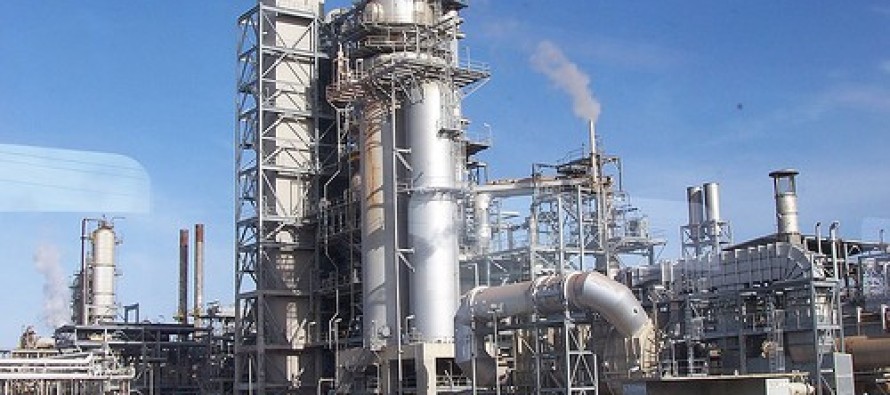In 19 straight months of not processing any barrel of crude oil, the government-owned refineries in Nigeria recorded a total loss of N177.21bn, the latest data from the Nigerian National Petroleum Corporation have shown.
An analysis of data collated from NNPC’s monthly reports revealed that all the refineries did not refine crude oil from July 2019 to January 2021.
The refineries, which are located in Port Harcourt, Kaduna and Warri, have a combined installed capacity of 445,000 barrels per day but have continued to operate far below the installed capacity.
The country relies largely on importation of refined petroleum products as its refineries have remained in a state of disrepair for many years despite several reported repairs.
In 2019, Kaduna Refining and Petrochemical Company Limited only processed crude in one month (June); Port Harcourt Refining Company Limited in two months (February and March); and Warri Refining and Petrochemical Company Limited in four months (January, February, March and May).
The Kaduna refinery incurred an operating deficit of N64.84bn from July 2019 to January 2021, according to the NNPC data.
The Port Harcourt refinery lost N57.07bn in the period under review while the Warri refinery lost N55.30bn.
“The declining operational performance is attributable to ongoing revamping of the refineries, which is expected to further enhance capacity utilisation once completed,” the NNPC said in its latest monthly report.
In January 2021, 1.68 billion litres of Premium Motor Spirit (petrol) were supplied into the country through the Direct Purchase Direct Sale arrangement as against the 1.58 billion litres of PMS supplied in the month of December 2020.
Under the DSDP scheme, selected overseas refiners, trading companies and indigenous companies are allocated crude supplies in exchange for the delivery of an equal value of petrol and other refined products to the NNPC.
The Federal Executive Council approved in March the plan by the Ministry of Petroleum Resources to rehabilitate the Port Harcourt refinery with $1.5bn.
Early this month, the NNPC and Maire Tecnimont S.p.A. signed the engineering, procurement and construction contract for the rehabilitation of the refinery.
The Italy-based company said its subsidiary, Tecnimont S.p.A., had been awarded a contract by the Federal Executive Council to carry out rehabilitation works for the PHRC, a subsidiary of NNPC.
The overall contract’s value is about $1.5bn, and the project entails EPC activities for a full rehabilitation of the Port Harcourt refinery complex, aimed at restoring the complex to a minimum of 90 per cent of its nameplate capacity.
Maire Tecnimont said the project would be delivered in phases from 24 and 32 months and the final stage would be completed in 44 months from the award date.
In the first term of the President, Major General Muhammadu Buhari (retd), the NNPC had planned to rehabilitate the refineries to attain a minimum of 90 per cent capacity utilisation.
The plan was to use third-party financiers and the original refinery builders to provide the requisite funding and technical support.
However, after over one and a half years, negotiations with financiers were stalled in December 2018 due to varying positions on key commercial terms.

 Naira4 weeks ago
Naira4 weeks ago


 Naira4 weeks ago
Naira4 weeks ago


 Naira3 weeks ago
Naira3 weeks ago


 News4 weeks ago
News4 weeks ago
 Travel4 weeks ago
Travel4 weeks ago




 Naira4 weeks ago
Naira4 weeks ago


 Jobs3 weeks ago
Jobs3 weeks ago
 Naira3 weeks ago
Naira3 weeks ago


















